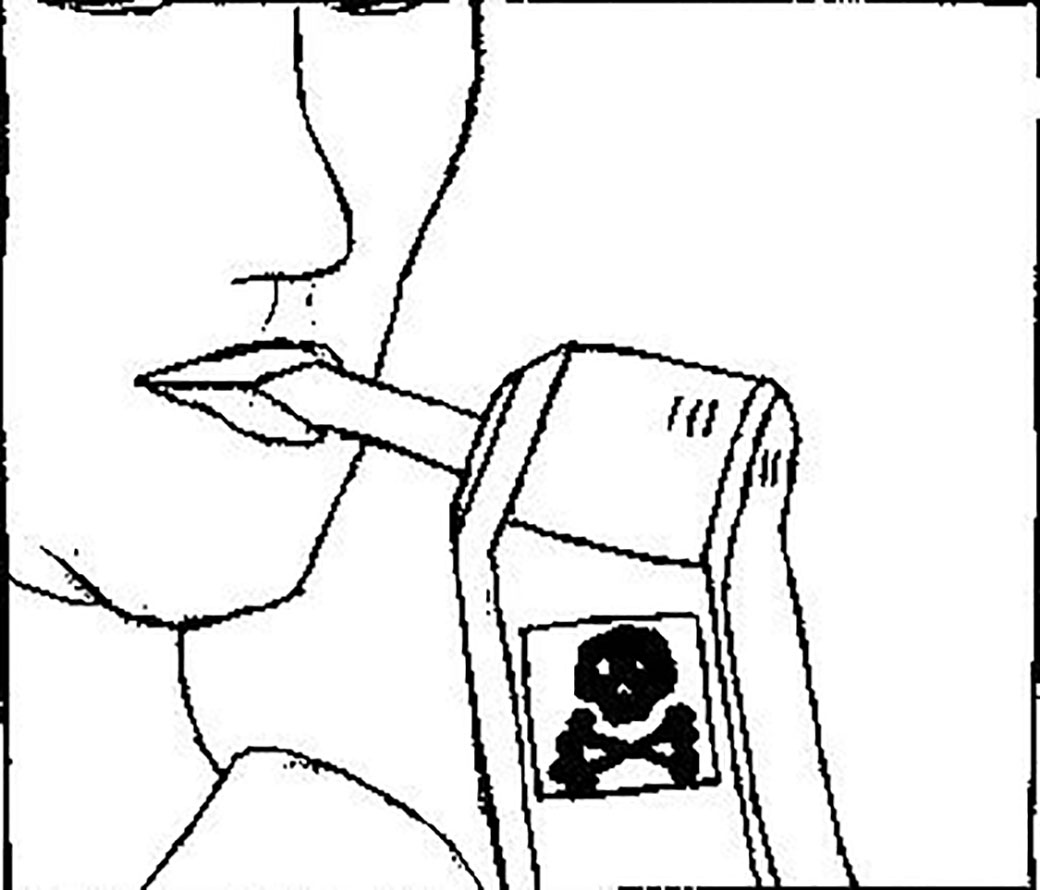
College students should be knowledgable about dangers of binge drinking, drug overdoses
College students are notorious for underage drinking and drug-usage.
Whether that notoriety is deserved or not, many students aren’t aware of the damage and consequences bestowed upon their bodies, which can be life threatening and deadly.
Knowledge of prevention and detection of drug and alcohol overdoses is crucial for college students to have, because it can save thousands of lives each year.
Knowing the symptoms of overdoses is the first step in preventing them. According to Better Health Channel, “Substances that can cause harm when too much is taken include alcohol, prescription and over-the-counter medication, illegal drugs and some herbal remedies.”
The article lists several general symptoms of drug overdoses, including vomiting, abdominal cramps, dizziness, seizures or difficulty breathing.
College students are very much at risk when it comes to drug and alcohol-related overdoses.
According to the National Institute on Alcohol Abuse and Alcoholism (NIAAA), “In 2013, 59.4 percent of full-time college students ages 18-22 drank alcohol in the past month compared with 50.6 percent of other persons of the same age.”
College students are also known for their elevated levels binge drinking, defined by NIAAA as four or more drinks for women and five or more drinks for men in a two-hour period.
Students enrolled in college can suffer many consequences from their alcohol and drug use — some academic-related, some deadly.
According to the same NIAAA article, 1,825 college students between the ages of 18 and 24 die from unintentional alcohol-related injuries per year.
Though overdose deaths are often harder to calculate, the CDC estimates South Dakota had a total of 63 overdose-related deaths in 2014, compared to 55 in 2013.
The number of college students who are the victims of these overdoses is alarming, especially because most alcohol or drug-induced overdoses are very preventable.
At a school such as USD, located in a city with multiple bars and host to a multitude of house parties each weekend, students should be more knowledgeable about the dangers of heavy drinking or misusing prescription or recreational drugs.
More education is necessary both nationwide and here in Vermillion when it comes to the short and longterm consequences of alcohol and drug abuse. Education doesn’t mean endlessly preaching abstinence, either. Messages about the signs and necessary steps to take in the face of an overdose are especially important at the collegiate level.
Furthermore, students should take responsibility for their own substance-related choices. Fully understanding what heavy alcohol and drug use does to one’s body is critical to saving lives and livers.
